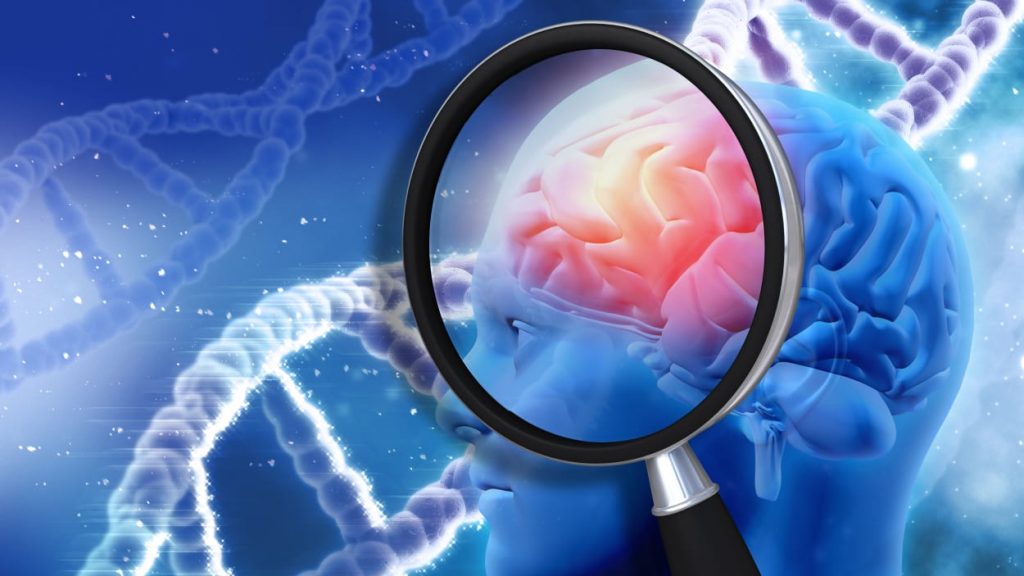The connection between Alzheimer and diabetes has been studied for a very long time now. Scientists even suggested that these are two stages of the same disease. Recently, researchers have discovered that a drug which was made for diabetes type 2, reversed memory loss during an animal testing trail. This new research was led by Professor Christian Holscher of Lancaster University. The main idea behind the research was to look at the neuroprotective effects of a diabetes drug named a triple receptor agonist.
The drug was designed to treat diabetes type 2 by activating GLP-1, GIP, and Glucagon growth factor receptors in the brain. Transgenic mice were used in the research which had same mutated genes that cause Alzheimer in humans. After being exposed to the triple receptors agonist, a significant improvement was seen in the maze-based memory test. It also showed reduction chronic inflammation, oxidative stress and amyloid plaques in the brain.
The research carried out in the past also declared that a single agonist drug which is developed for diabetes showed effects the neuroprotective system of the animal. However, this is the first time that a drug was studied solely for these effects. Professor Holscher approved that there are positive outcomes in the results. More research is needed in the domain but at this time a silver lining can be seen for the treatment of those who suffer from Alzheimer.
Professor Holscher said, “Here we show that a novel triple receptor drug shows promise as a potential treatment for Alzheimer’s but further dose-response tests and direct comparisons with other drugs have to be conducted in order to evaluate if this new drug is superior to previous ones.” The outcome of this research also shows that somehow Alzheimer and diabetes are connected. Fortunately, not everyone suffering from type 2 diabetes will be suffering from Alzheimer as well but there still exists a link between insulin signaling and amyloid plaque in the brain.

